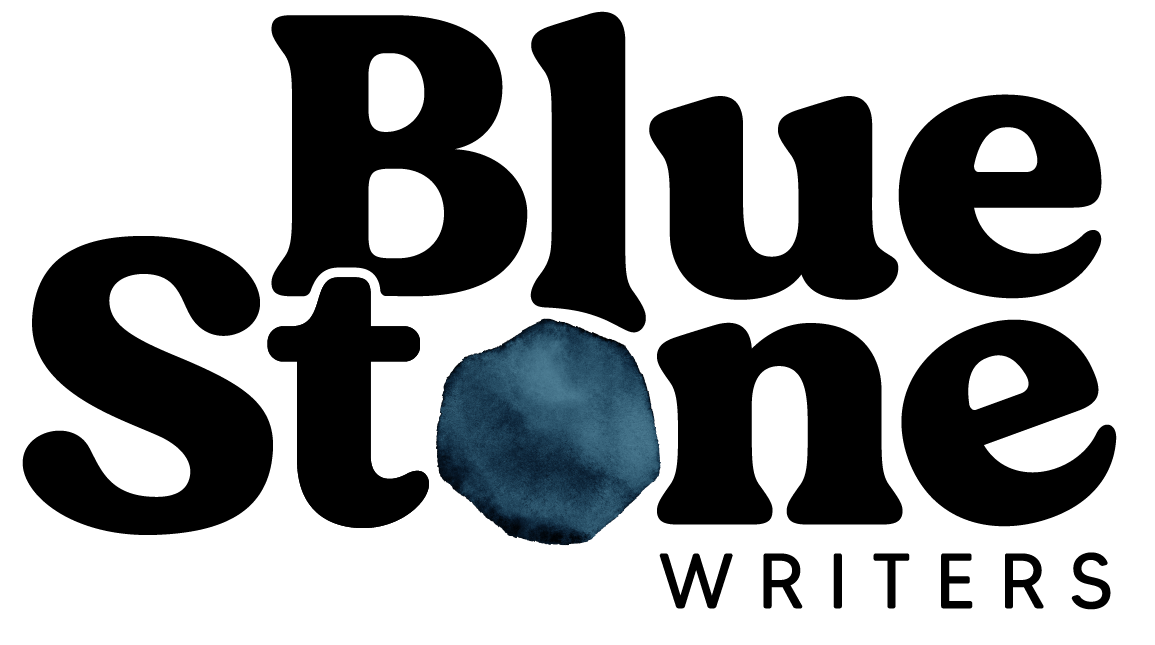guest post by kim tidwell
How do you restart the fire for a long-fought project? For a little context, I’ll need to back up.
Last spring, I declared my manuscript doneish. I copy-edited the thing, scrubbed the weird Scrivener formatting foibles from it, shined up those first and oft-shared twenty pages, and sent it out into the world, asking people to love it. Oh, I really wanted it to be done — done enough to lure the agent of my dreams. More than anything, though, I was done. Mentally and physically, I needed a break, and my life was about to force the issue. Instead of just setting my manuscript aside and letting it breathe, I ventured forth with a writing-adjacent task in the name of progress: I started querying. I hoped to get some cold, hard data through the rinse and repeat of the querying process; my manuscript wouldn’t acquire any squatting in my drawer.
At the turn of the year, I was no richer in the data I’d hoped would help me leapfrog the discomfort of yet another revision. But my intuition had matured, and I knew a rethink was the only way forward. Yet, finding my way back to a generative place proved incredibly challenging, and I struggled to veer from those well-worn pathways in my brain.
What I needed was a spark. So I gathered fuel.
Developmental “what if” questions lobbed out to my critique partners — check. Quarterly Commitment with Claire — check. A twelve-week fiction workshop with plotting genius Amy Gentry — check. Weekly writing sessions on my calendar with fellow Blue Stones — check, check, and check. My foraging resulted in a forest's volume of kindling: a flurry of notes, completed writing exercises, notebook scribbles, random thoughts and lists written on scraps of paper, and workshop printouts strewn around my desk. I seem to have traded creative paralysis for sheer creative overstimulation.
So, how do I light a controlled fire that invites me to warm my fingers and roast a few s’mores, not one that explodes and singes my eyebrows?
I can lean on the natural cycle of Beltane. The witchy celebration on May 1 is all about rising fire. Beltane celebrates the liminal space as we bid adieu to the cold and dark and let in the burgeoning heat and light. As writers, we can use this cyclic energy to gather our resources and let in some oxygen that takes our spark and grows it into a healthy, creative fire. Part of it is building confidence (I can’t help but think of Tom Hanks’ Chuck Noland in Castaway), right? We build trust in our ability to nurture and tend our fires responsibly, knowing which pieces of kindling to burn and pulling back when it starts to get unmanageable.
But our own creative fire is not the only flame to tend. During my revision preparation, I realized I had been unintentionally choking my protagonist's fire! Like us, our characters must nurture their rising fire if they are to navigate their flaws and misbeliefs to get to the other side. But fire is fickle and unpredictable; neglected, it can burn everything and everyone in its path. Fire’s duality raises the stakes, providing fodder for how our characters behave and why they make the choices they do (or don’t).
I had been suffocating my main character’s fire, possibly to protect her, definitely to keep control of the narrative. I hadn’t thought about how fun and fruitful it would be to let her fire reveal itself in ways that cause friction. As our stories progress, our main characters must stoke their fires just enough to wake them up and burn away what they no longer need so that they emerge new, and we as writers must let them!
Using my character’s fire as my revision's North Star, she’ll eventually help me find my way back to mine.
In the immortal words of The Doors’ Jim Morrison,
“The time to hesitate is through
No time to wallow in the mire
…
Come on baby, light my fire.”
Guided Writing: Fueling the Rising Fire:
Beltane is about being in nature, so if you can find a comfy spot in the fresh air, do it! Light a fire (safely! in your fire pit) or burn your favorite candle.
Explore the protagonist in your current project. Where am I throwing water on my protagonists’ fire? Write for 5 minutes.
Now, expand that: What would rising fire look like in my protagonist’s arc? How would an inferno manifest? Write for 7 minutes.
Finally, Write an incantation for your protagonist, which speaks to their core want, to sing and scream as they dance around a spring bonfire. Write for 10 minutes.
Kim Tidwell is an independent writer, editor, and creative strategist. She is currently writing a coming-of-middle-age novel that explores how we reckon with our expectations and legacies in midlife.



